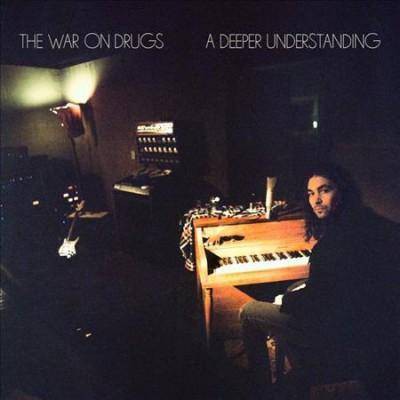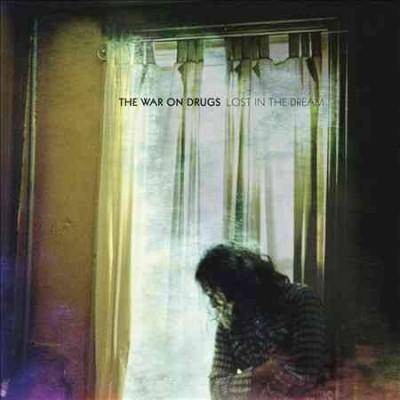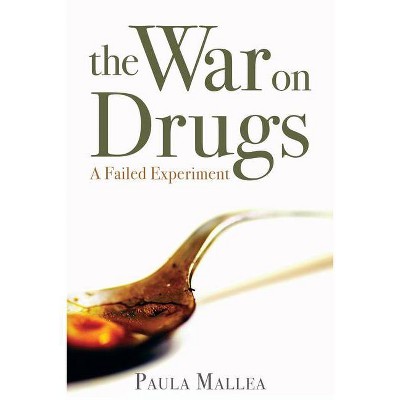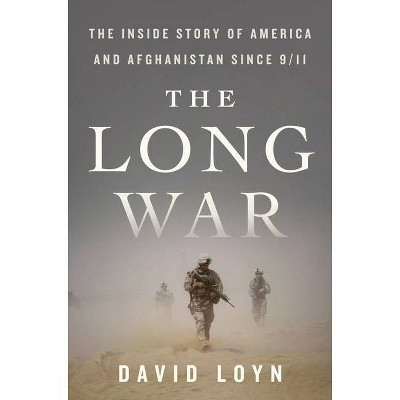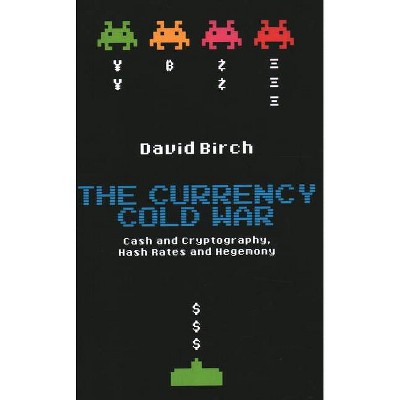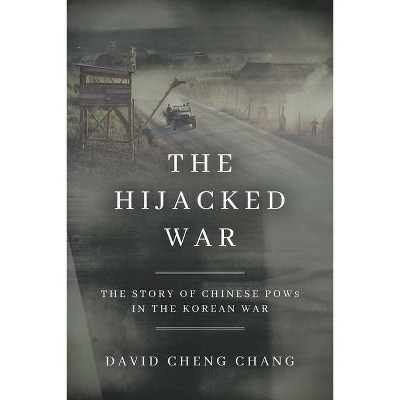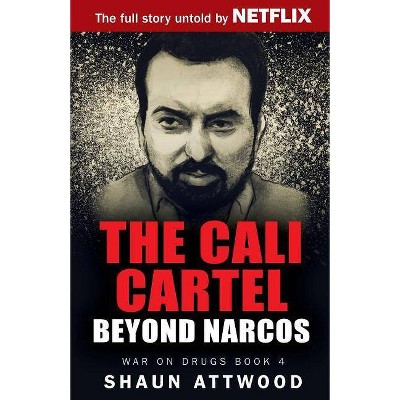The War on Drugs - by David Farber (Hardcover)
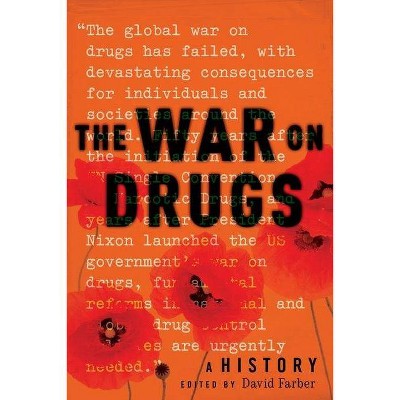
Similar Products
Products of same category from the store
AllProduct info
<p/><br></br><p><b> About the Book </b></p></br></br>"Fifty years after President Richard Nixon declared a "War on Drugs," leading scholars examine how drug war policies contributed to the making of the carceral state, racial injustice, deviant globalization, regulatory disasters, and a massive underground economy; they also point the way forward to a more just and humane drug policy regime"--<p/><br></br><p><b> Book Synopsis </b></p></br></br><p><b>A revealing look at the history and legacy of the War on Drugs</b> <p/>Fifty years after President Richard Nixon declared a War on Drugs, the United States government has spent over a trillion dollars fighting a losing battle. In recent years, about 1.5 million people have been arrested annually on drug charges--most of them involving cannabis--and nearly 500,000 Americans are currently incarcerated for drug offenses. Today, as a response to the dire human and financial costs, Americans are fast losing their faith that a War on Drugs is fair, moral, or effective. <p/>In a rare multi-faceted overview of the underground drug market, featuring historical and ethnographic accounts of illegal drug production, distribution, and sales, <i>The War on Drugs: A History </i>examines how drug war policies contributed to the making of the carceral state, racial injustice, regulatory disasters, and a massive underground economy. At the same time, the collection explores how aggressive anti-drug policies produced a "deviant" form of globalization that offered economically marginalized people an economic life-line as players in a remunerative transnational supply and distribution network of illicit drugs. While several essays demonstrate how government enforcement of drug laws disproportionately punished marginalized suppliers and users, other essays assess how anti-drug warriors denigrated science and medical expertise by encouraging moral panics that contributed to the blanket criminalization of certain drugs. <p/>By analyzing the key issues, debates, events, and actors surrounding the War on Drugs, this timely and impressive volume provides a deeper understanding of the role these policies have played in making our current political landscape and how we can find the way forward to a more just and humane drug policy regime.</p><p/><br></br><p><b> Review Quotes </b></p></br></br><br>A sweeping, wide-ranging, and accessible history that powerfully exposes how the drug-war policies of the past fifty years have underscored racial injustice, the prison industrial complex, and failed public health outcomes. <i>The War on Drugs</i> is a must-read.--Peter Andreas, John Hay Professor of International Studies and Political Science, Brown University<br><br>Farber has brought together an impressive group of scholars for this volume; their contributions are serious, well-documented, and compelling. Together, they fill an important gap in the history and enduring legacy of the war on drugs. A significant contribution to the field.--Isaac Campos, author of Home Grown: Marijuana and the Origins of Mexico's War on Drugs<br><p/><br></br><p><b> About the Author </b></p></br></br><b>David Farber</b>, the Roy A. Roberts Distinguished Professor at the University of Kansas, has published numerous books on recent United States history, including <i>The War on Drugs</i> (NYU Press, 2021), <i>The Age of Great Dream: America in the 1960s </i>(Hill and Wang 1994), <i> Sloan Rules </i>(University of Chicago Press 2005), <i> Crack </i>(Cambridge 2019), <i> The Rise and Fall of Modern American Conservatism </i>(Princeton, 2010), <i> </i>and <i>Taken Hostage.
Price History
Price Archive shows prices from various stores, lets you see history and find the cheapest. There is no actual sale on the website. For all support, inquiry and suggestion messagescommunication@pricearchive.us

